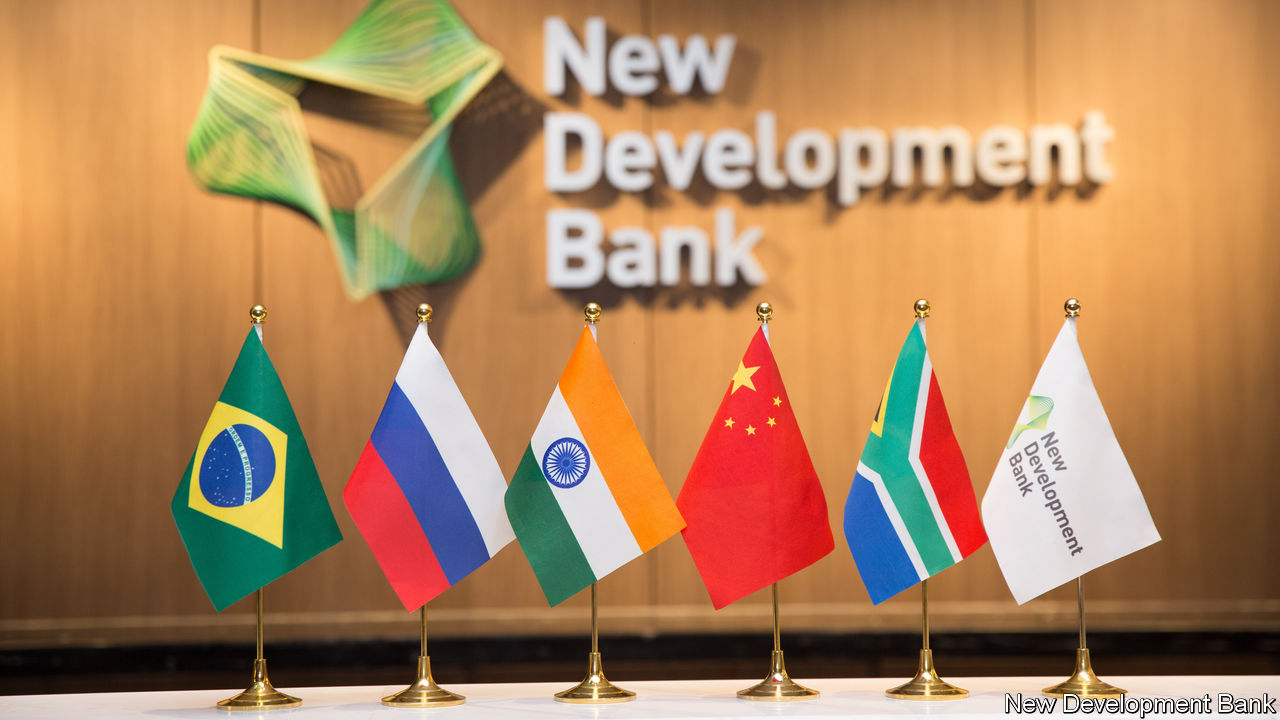
The interruption of operations with Russia will lead the New Development Bank (NDB), the BRICS bank, to automatically extend credits to the other partners of the institution. Valor found that the expectation, which dates from before the war, is that financing for Brazil will total at least $6 billion over the next five years.
The dilution of the weight of projects in Russia in the portfolio of the BRICS Bank has entered the radar of rating agencies. Last week credit rating agency Fitch reaffirmed the “AA+” rating but revised the bank’s outlook from “stable” to “negative”. It explained that the revision was motivated mainly by the risk in the context of the Russia-Ukraine war, Russia’s role as a major shareholder in NDB (19% of capital at the end of 2021) and the bank’s exposure in that country (13% of loans).
At the same time, the agency reaffirmed the “AA+” rating, which it said reflected “the bank’s strong credit fundamentals, including its large capital cushions.” Also, the liquidity rating was unchanged at “aaa,” mainly reflecting the “excellent” liquidity buffers the bank must keep in relation to its short-term financial commitments.
In a statement, Fitch said it understood that NDB has frozen all operations in Russia and that given the dynamic growth of its loan portfolio, as a newly established bank, it expects a rapid dilution of the bank’s exposure to Russia in the coming years. “Despite Russia’s role as a key shareholder, we do not expect NDB to be directly affected by any sanctions imposed by the West,” Fitch said.
Taking into account the current shareholder structure, in which each of the BRICS countries (Brazil, Russia, India, China, South Africa) owns about 20% of the bank, Fitch thinks there is a risk that conflicting views on the Russia-Ukraine conflict could affect the relationship between the bank’s shareholders and the agency’s governance assessment. As a result, it has revised the ESG relevance score on the governance structure to “5” from “4.” Fitch cites the abstention of China, India and South Africa in the UN General Assembly vote to condemn Russian aggression in Ukraine. Brazil voted to condemn the aggression.
Fitch also thinks that Russia’s presence as a key shareholder in the NDB could dissuade future members from joining the bank if Russia remains isolated internationally. In its solvency assessment, it considers the bank’s main weakness to be its loan concentration risk, with the bank’s five largest exposures accounting for 85% of loans at the end of 2021.
For its part, the S&P global rating agency maintained the NDB’s rating at “AA+” (long-term) and “A-1+” (short-term) with a stable outlook on February 28, four days after Russia’s outbreak of war against Ukraine.
The NDB did not comment on the rating by the rating agencies. At the beginning of the month, it took a three-line statement, in a technical tone, to announce that it had put its operations with Russia “on hold”.
Now, the credit portfolios will increase for the other founding partners and the new partners — Bangladesh, the United Arab Emirates, Egypt, and Uruguay — will also start to obtain financing, while the relative size of Russia’s portfolio will shrink.
Source: Valor International
